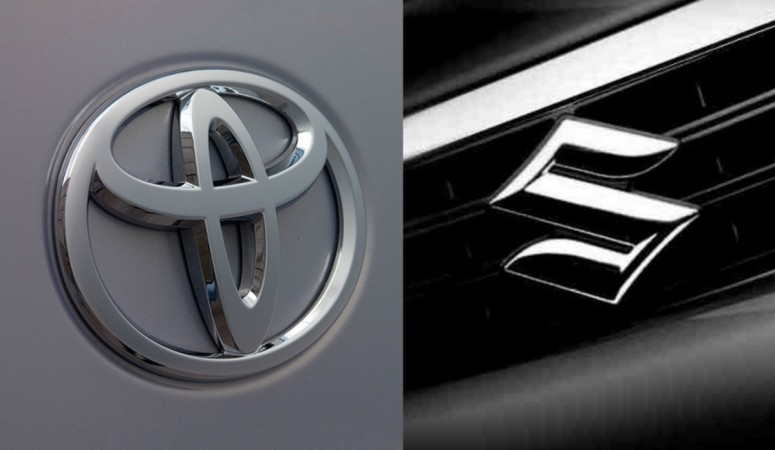Now Reading: American senators urge Volkswagen to end delay in Tennessee union vote
-
01
American senators urge Volkswagen to end delay in Tennessee union vote
American senators urge Volkswagen to end delay in Tennessee union vote

Three Democratic U.S. senators on Tuesday debated a decision by Volkswagen AG’s U.S. unit to postpone a union election for employees at its Tennessee assembly plant.
Previously this month, the largest German automaker won its bid to put off a union vote for 1,700 employees at the Chattanooga plant until its challenge to a smaller United Auto Workers bargaining unit at the factory is sorted.
The National Labor Relations Board, in a 2-1 decision on May 3, granted Volkswagen’s motion to stay an election petition submitted by some of its employees last month.
Senators Gary Peters and Debbie Stabenow of Michigan and Sherrod Brown of Ohio informed Scott Keogh, president of Volkswagen Group of America, on Tuesday, echoing “deep concern with delays” to the vote.
“We urge you to immediately drop any efforts to challange or postpone the election.”
UAW spokesman Brian Rothenberg prompted VW to permit a vote of its employees: “Volkswagen should stop blocking the rights of Chattanooga workers to vote and have a union – enough is enough.”
Volkswagen representative Mark Clothier confirmed the company had received the letter and would reply.
“We respect the decision of our team and their right to decide on representation. We have taken a neutral position on the matter and will continue to do so,” Clothier stated.
In December 2015, 160 skilled trade maintenance employees voted to unionize and affiliate with the UAW, the union stated.
VW refused to bargain with the union, stating the unit required to include both skilled trade maintenance employees and production employees.
Volkswagen has told it is neutral on employees joining a union but the senators stated its “actions suggest otherwise.”
VW began production in 2011 at the plant, that constructs the Passat car and the Atlas SUV. In January, VW stated it was investing $800 million to build a new electric vehicle in Tennessee and generate 1,000 jobs at the Chattanooga plant that will start EV production in 2022.
The senators “have heard that facility supervisors in Chattanooga are engaging in direct anti-union conversations with employees in the workplace, including pulling workers off the production line to ask if they support the union,” they stated.
In February 2014, employees at the plant narrowly voted against union representation, that had been seen as organized labor’s best chance to broaden in the U.S. South.
UAW membership has plunged 75 percent since 1979 and now stands at about 396,000. The UAW has failed for over 20 years to organize foreign automaker plants in the United States.
Stay Informed With the Latest & Most Important News
Previous Post
Next Post
-
 01Polestar Boss Says It’s Time To Outrun BMW M And Mercedes-AMG
01Polestar Boss Says It’s Time To Outrun BMW M And Mercedes-AMG -
 02Spy Shots: 2027 Mitsubishi Pajero Spotted in Testing Ahead of Possible U.S. Return
02Spy Shots: 2027 Mitsubishi Pajero Spotted in Testing Ahead of Possible U.S. Return -
 03Spy Photos: VW ID. Polo GTI Goes Electric with 223 HP and 280 Miles of Range
03Spy Photos: VW ID. Polo GTI Goes Electric with 223 HP and 280 Miles of Range -
 04The Controversial Ford Voodoo V8 That Was Killed Off Too Early
04The Controversial Ford Voodoo V8 That Was Killed Off Too Early -
 052026 Toyota Hilux EV: A Powerful Truck with Silent Torque
052026 Toyota Hilux EV: A Powerful Truck with Silent Torque -
![2027 Mercedes-Benz S-Class Debuts with V8 Engine [Photo Gallery]](https://speedlux.com/wp-content/uploads/2026/01/2027-Mercedes-Benz-S-Class-33-155x125.jpg) 062027 Mercedes-Benz S-Class Debuts with V8 Engine [Photo Gallery]
062027 Mercedes-Benz S-Class Debuts with V8 Engine [Photo Gallery] -
 07Hyundai Palisade’s Breakout Year Shows How Quickly the Market Can Turn
07Hyundai Palisade’s Breakout Year Shows How Quickly the Market Can Turn


![2027 Mercedes-Benz S-Class Debuts with V8 Engine [Photo Gallery]](https://speedlux.com/wp-content/uploads/2026/01/2027-Mercedes-Benz-S-Class-33-700x394.jpg)











































